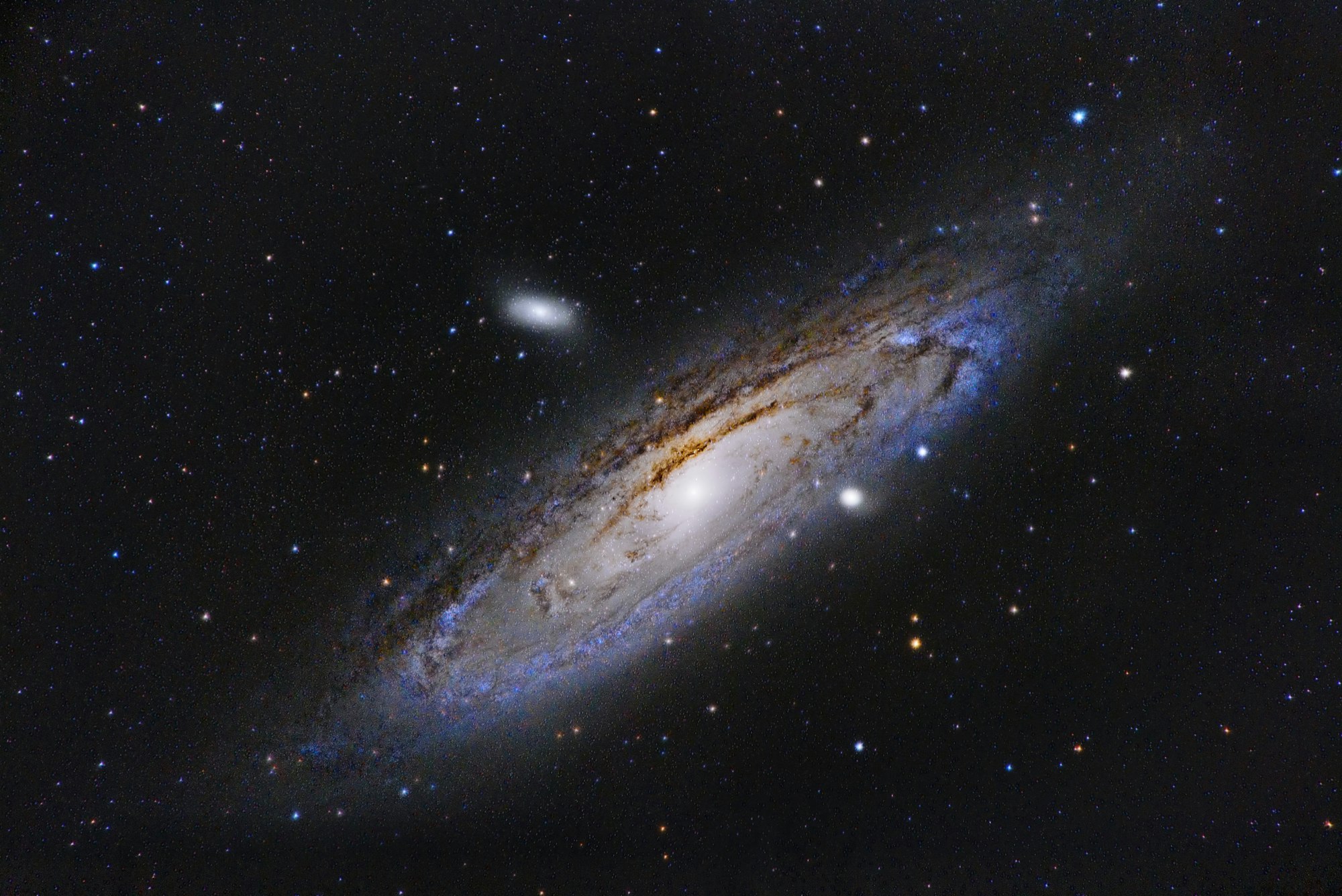James Webb Space Telescope: A New Frontier in Exoplanet Exploration for Americans
This discovery, which offers tantalizing possibilities of life beyond our solar system, is making headlines and sparking curiosity among Americans and the global scientific community.

In a groundbreaking revelation, the James Webb Space Telescope (JWST) has unveiled intriguing insights into a distant exoplanet that might be covered with a vast liquid water ocean. This discovery, which offers tantalizing possibilities of life beyond our solar system, is making headlines and sparking curiosity among Americans and the global scientific community.
A Peek Through the Most Advanced Lens
NASA's James Webb Space Telescope, launched not too long ago, is already proving its mettle as the world's premier space observatory. As reported by The Guardian, this mega-telescope is designed to see in greater detail than any of its predecessors, allowing scientists to study celestial phenomena with unprecedented clarity.
The telescope’s recent observation of an exoplanet's atmosphere, teeming with traces of carbon dioxide and methane, hints at an environment potentially hospitable for life. According to Space.com, these gases are crucial indicators. On Earth, for instance, methane and carbon dioxide play significant roles in sustaining our environment. The presence of these gases on an exoplanet suggests a certain level of atmospheric complexity, and perhaps, a possible biosphere.
The Exoplanet with an Ocean?
Next Big Future sheds light on the enticing probability of this exoplanet being cloaked in a vast liquid water ocean. Water is the elixir of life as we understand it. Discovering an exoplanet with potential vast oceans not only challenges our understanding of planetary formation but also rekindles hope in the age-old quest for extraterrestrial life.
The planet in question is not just any exoplanet; its unique properties set it apart. Its size and position in relation to its star, combined with its atmospheric data, make it a particularly intriguing subject. If confirmed, the presence of a liquid water ocean on this celestial body could revolutionize our understanding of life's potential distribution in the universe.
The Implications for Americans and the World
This revelation has profound implications for Americans. In a time when space exploration is becoming more democratized and accessible, such discoveries serve as a reminder of the infinite possibilities that await humanity beyond our planetary confines. The United States, with its storied history of space exploration, stands at the forefront of these new cosmic frontiers.
Moreover, the JWST's findings stimulate the American educational system and the next generation of scientists. Pupils and students across the country can now dream bigger and aspire to solve the mysteries that today's generation is just beginning to unravel.
The idea of a planet swathed in oceans, perhaps teeming with life forms, challenges the boundaries of imagination and reinvigorates the spirit of exploration. For the American scientific community, this beckons a new era of research, exploration, and technological innovation.
Conclusion
As the James Webb Space Telescope continues its journey in space, gazing deep into the cosmos, the world watches in anticipation. Each revelation not only expands our understanding of the universe but also binds humanity closer in a shared quest for knowledge. For Americans, these discoveries resonate deeply, reinforcing their pivotal role in the realm of space exploration and their innate curiosity to venture beyond the known. As the boundaries of the cosmos expand, so too does the American spirit of discovery.

